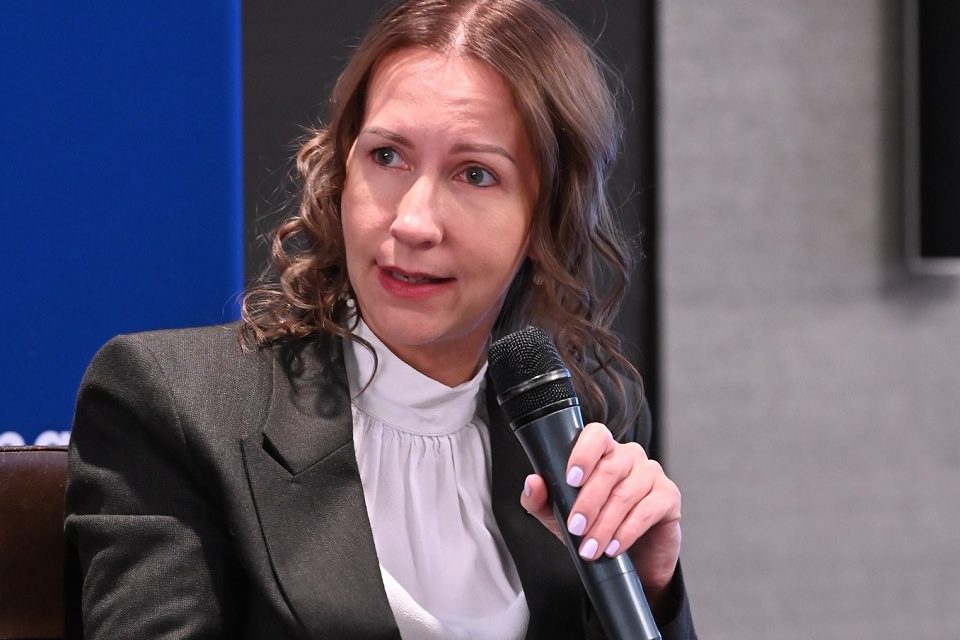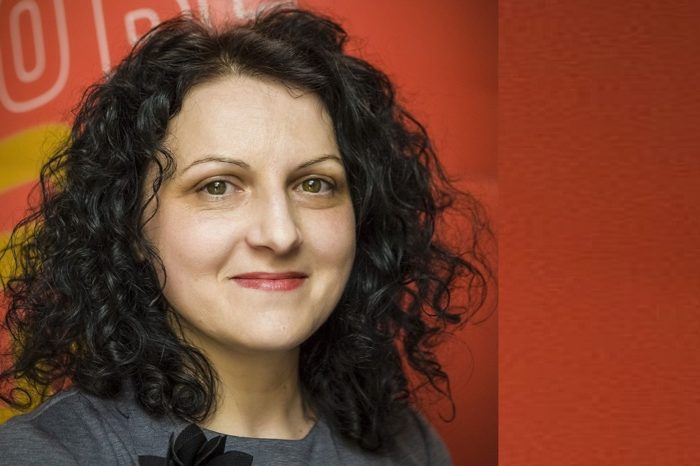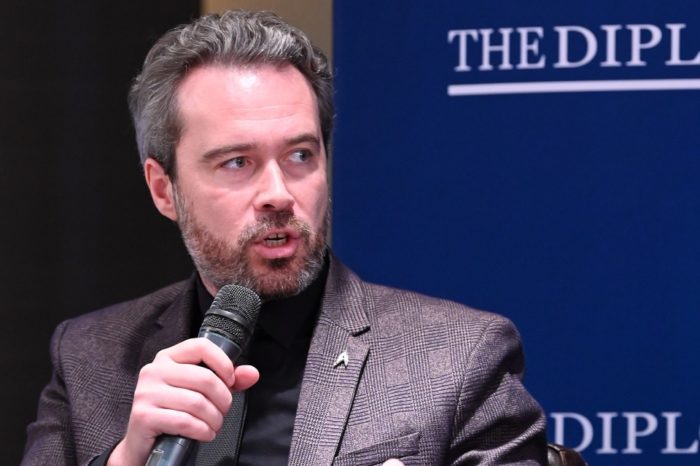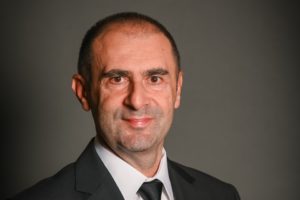Adela Sova, International Assembly Representative for Romania, ACCA: Inclusivity measures score well but social mobility lags in a recent survey

We are catering for the needs of about a quarter of a million members and another half million of students of the Association of Chartered Certified Accountants. I represent the 1,000 members in Romania. In Romania we are around 4,500 people involved in this: members and students studying to become members of ACCA.
The main qualification consists of 13 exams that students have to sit and pass, and they also have to prove at least 36 months of practical experience. There has been a shift from having a degree – because parents would send you to get a degree – to having something practical. Within the ACCA we ask them for the practical experience. It has to be proven, it has to be signed of by at least a team leader, ideally another ACCA member or a member of the International Federation of Accountants,” stated Adela Sova, International Assembly Representative for Romania, ACCA at the latest edition of People Empowering Business Forum 2023“, organized by the Diplomat-Bucharest and Outsourcing Today.
Find the full recording of the conference here: https://www.youtube.com/watch?v=5y4LQs5x6Ng&t=3385s
We study a bit of everything, so it’s not only finance focused. I’ve been involved in training for the last 13 years, but I don’t feel like I have the necessary experience yet. I’m still trying to learn something new every day. Related to this, we run an yearly study or survey about Global Talent Trends within ACCA. For this year only, we interviewed more than 8.000 respondents from 148 countries and two aspects seemed to distinguish. One is that inclusivity measures scored well but social mobility lags, and this is seemingly a challenge across the globe, not only locally. The other one is that technology is empowering but people feel that they do not receive enough trainings in how they would have to use the available technology to their advantage.
Related to diversity and the challenges brought by the foreign workforce coming in Romania, this should be seen and addressed as an opportunity, rather than a threat on local jobs. The foreign people adjust amazingly fast to the local culture, habits and language and that kind of mix of cultures can only stand for a strong opportunity for everyone to evolve and thrive. Related to language skills, as I worked in the audit before, we have noticed that all out documentation was written in English language, because it had to be submitted to experts and different nationality managers. The habit of taking English as the first language choice seems to be the natural move, but we have noticed that there were many people who manifested their wish to speak and understand Romanian language and we never put the effort in helping them. So, if a foreigner wants to learn the local language and culture, we should put it all the effort in guiding and assist them throughout the process.
















